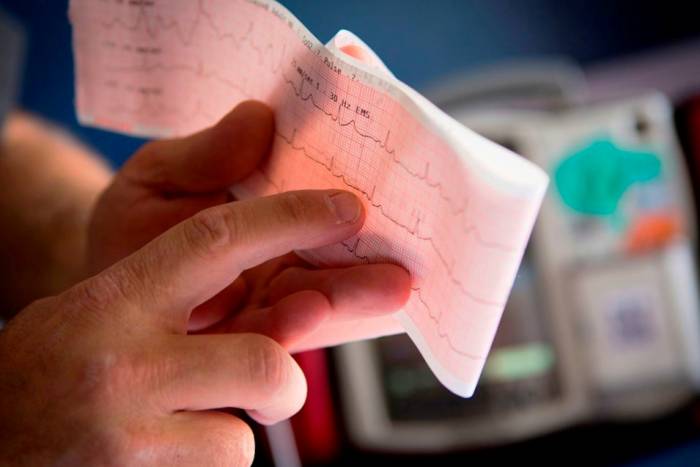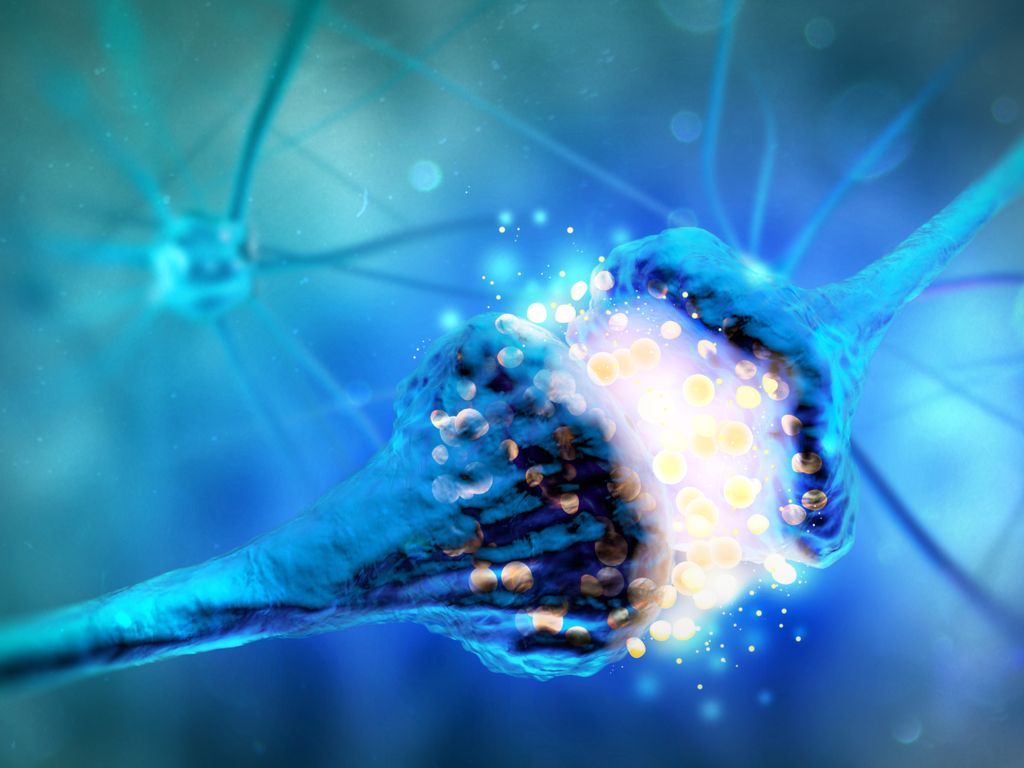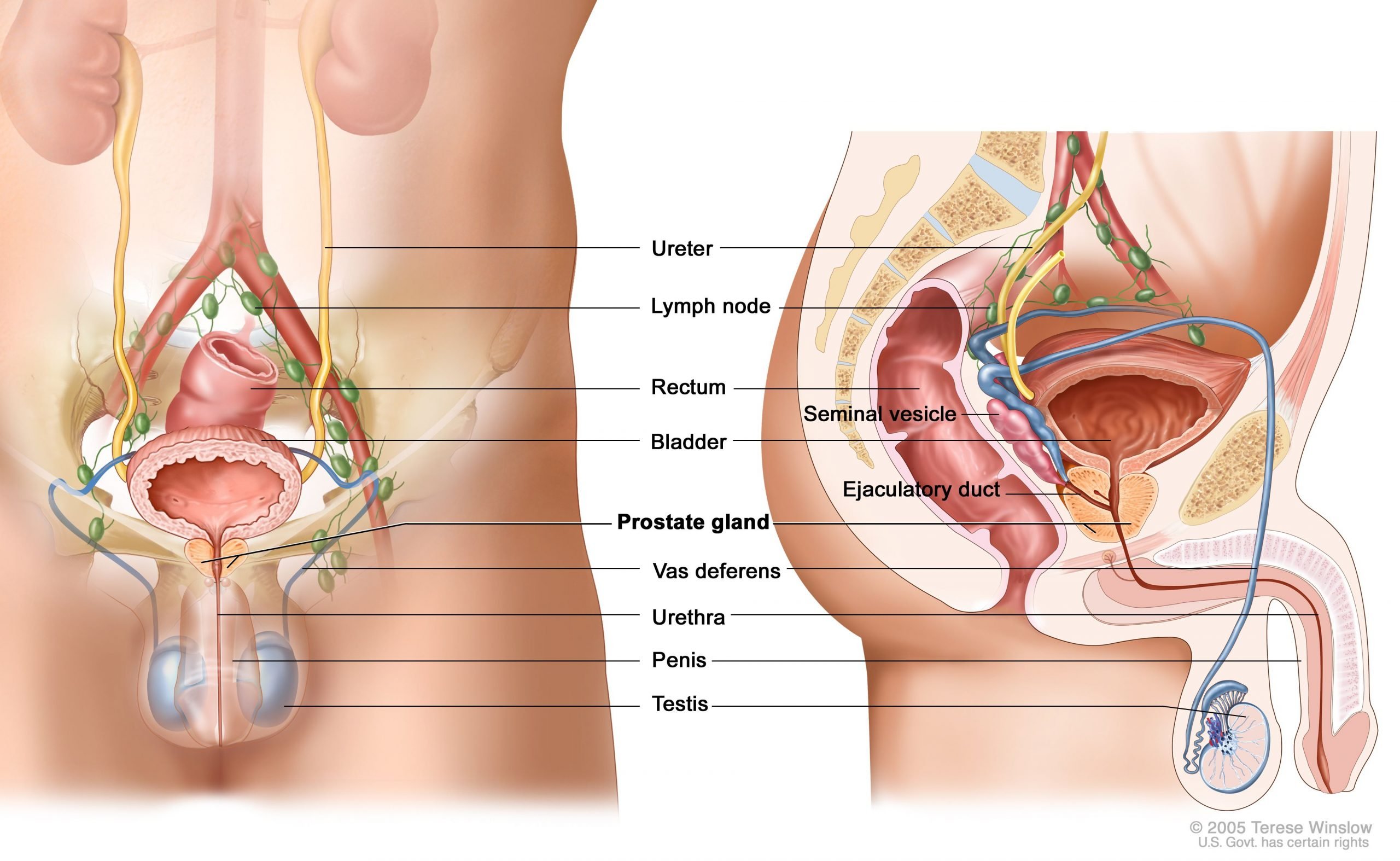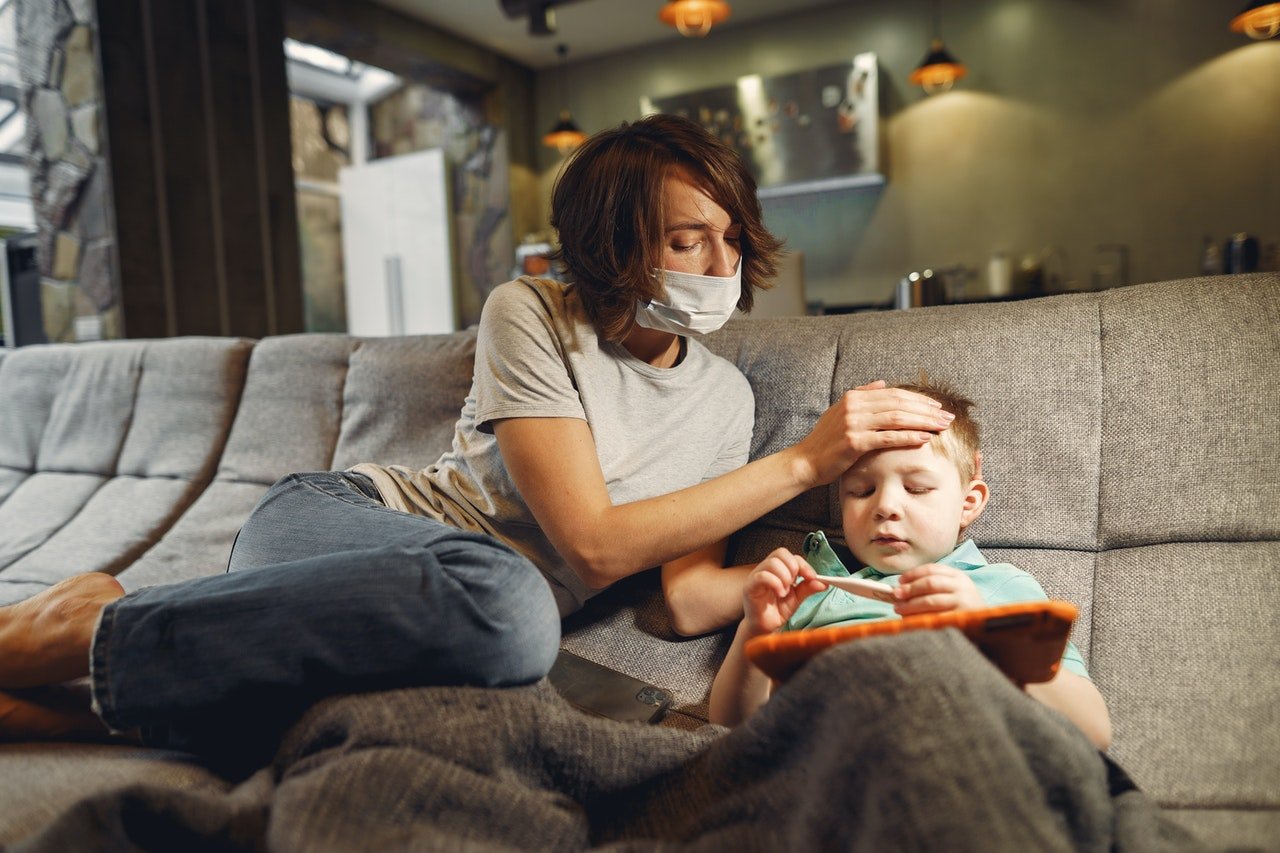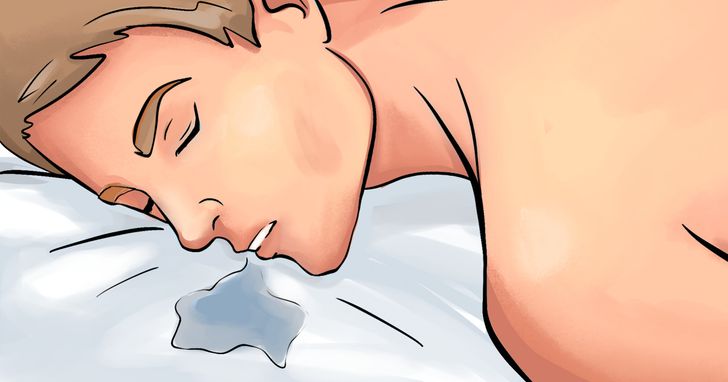25 facts you need to know about sleep
Humans spend an average of 25 years of their lives asleep; this is one-third of our lives. That’s why you need to know more about sleep.
Sleep rate in developed countries
Research shows that adults need at least 7 hours of sleep a night to function effectively during the day, while only 21% of Americans sleep 7 to 8 hours a night, compared to the French population. They sleep an average of 8.83 hours a day and are the best country to sleep in developed countries. However, some people last less than possible; in fact, 1 to 3% of people are called “sleep-deprived” because they need less than six hours of sleep a night.
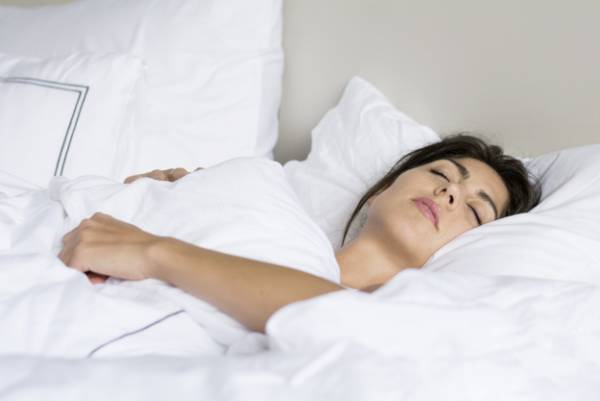
Sleep stages
During the night, we go through five different stages of sleep. The first four eye movement stages are not fast when the body begins to rest and is ready to relax. Stages 3 and 4 seem to be the deepest stages of sleep as the body starts to recover. The fifth stage of sleep is rapid eye movement when the brain is active and is often asleep.
REM sleep is thought to occur every 90 minutes during the night.
You spend about 75% of the night in NREM sleep.
During sleep, the chemical elements in REM sleep paralyze the brain and muscles and wake you up.
Newborns have twice as much REM sleep as adults. However, children do not become paralyzed like adults because this part of the brain is not yet fully developed, so children often make irregular sleep movements.
Interesting secrets and facts about sleep:
Humans are the only mammals that delay sleep.
Ordinary people without any physical or mental problems sleep for an average of seven minutes.
Thousands of Americans suffer from a condition known as drowsiness.
60% of American adults experience sleep problems at times.
Insomnia is the most common sleep disorder.
Who sleeps more? Man or woman?
Women sleep more than men because women do several things together, which means that their brains work harder and take longer to recover.
Young people in high school need 9 to 10 hours of sleep; this is because of the brain’s strength to learn and provide the body with fuel.
The sleep cycle also changes during puberty, so melatonin is released, reducing nighttime sleep, and teens get more energy and less excitement in the morning. They say they do not need sleep.
Parents are another group of people who do not sleep well. In the first two years of a child’s life, parents of newborns have six months of good sleep.
Research shows that having a newborn baby affects men’s sleep more. Every child in the family increases sleep deprivation by 46%.
Breastfeeding mothers sleep more in 24 hours than those who do not breastfeed.
Because many previous studies have focused only on mothers’ effects, this study also focuses on fathers. Participants examined how they slept at night. Although women wake up more at night, men generally sleepless, and because children sleep a lot during the day, they usually do not sleep at night.
Newborns sleep an average of 15 to 16 hours in 24 hours.
Jobs can also affect sleep.
Those who work at night sleep less than those who work during the day and those who travel and fly regularly are more prone to sleep deprivation. Flying at high altitudes causes sleep disturbances due to a lack of oxygen.

- Mental health is an area that is significantly affected by lack of sleep.
- More than half of Americans lose sleep due to stress or anxiety.
- Three-quarters of those who suffer from depression have insomnia.
- Less than 7 hours of sleep a night can make you angry, sad, and anxious.
- One night of insomnia affects the brain like medicine.
- Lack of sleep can affect memory because sleep causes changes in the brain that determine memories.
- Research shows that lack of sleep causes weight gain.
- You do burn calories when you sleep, so sleep is essential if you want to lose weight.
- People are more likely to succeed in their jobs early in the morning.
- Adults who sleep less than 7 hours a night are more prone to asthma, cancer, and diabetes
- People who sleep less than 7 hours a night are 12 percent more likely to die prematurely.
- However, too much sleep can also increase the risk of premature death.
- You can live 60 days without eating, but people can live 11 days without sleep.
- In addition to sleeping at night, you may want to take a nap. Taking a nap increases work efficiency.
- Many companies in Japan encourage their employees to sleep at work because they believe it will increase productivity.
- According to NASA, a great nap lasts 26 minutes.
- Using a phone or tablet before bed can affect sleep.
- Not every light before bed is suitable for sleep, as the blue light emitted is twice as bad as technology.
- The secretion of the hormone melatonin, a sleep-stimulating hormone, is affected by light, incredibly blue light.
- I was drinking coffee before bed delays my sleep by 40 minutes.
- People with low back pain sleep worse.
- Fortunately, several things can help improve sleep.
- Keep your room temperature between 60 and 67 degrees Fahrenheit for a good night’s sleep.
- Regular massage helps improve sleep.
- Sleeping under a heavy blanket can improve sleep and even help those who suffer from insomnia and anxiety.
- Regular physical exercise can help you sleep well
- 30 minutes of daily exercise is accompanied by 14 minutes of extra sleep at night.
- Yoga has been shown to help improve sleep.
- Meditation also helps improve sleep.
- However, too much sleep can increase the risk of premature death.
also read:
10 miraculous sentences to say to your partner
How do we attract men by talking?
The leading causes of bruising and dark circles around the eyes and home remedies


